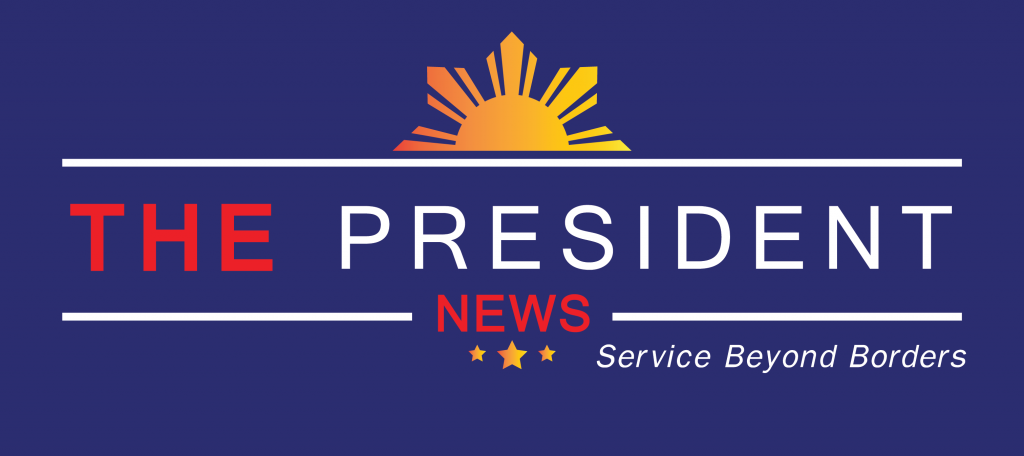
MANILA – The House of Representatives is eyeing a daily minimum wage hike for all private sector employees, surpassing the P100 proposed by the Senate, with a bill advocating for a P350 increase.
House Majority Leader Manuel Jose Dalipe emphasized in a statement on Sunday that the members of the chamber have reached a consensus recognizing that the P100 wage adjustment approved by the Senate might not adequately address the needs of workers. This acknowledgment stems from the ongoing challenges faced by minimum wage earners due to inflation and diminished purchasing power.
“Our workers are enduring tough times, and as their representatives, it is imperative that we find substantial solutions to alleviate their financial burdens,” Dalipe said, adding that Speaker Martin Romualdez has tasked the House leadership to find ways to enhance workers’ take-home pay, including a legislated wage hike or revisions in the regional wage board mechanism.
He mentioned that on Wednesday, the House committee on labor and employment will review various pending measures concerning salary increments. Among these is a proposed legislation by Deputy Speaker and Trade Union Congress of the Philippines party-list Rep. Raymond Democrito Mendoza, which advocates for a P150 across-the-board wage increase.
“The urgency of these discussions highlights the House’s dedication to timely and impactful legislative action,” Dalipe pointed out.
The House majority leader stated that members of the chamber were suggesting a legislative wage increase ranging from P150 to P350 per day. This adjustment, they believe, would better address the notable decline in workers’ real wages and their decreasing purchasing power.
Balancing act
“While any increase is a step in the right direction, we must ensure that our legislative actions truly make a meaningful difference in the lives of our workers, particularly when considering the substantial challenges faced by the business sector, especially micro, small and medium-sized enterprises (MSMEs),” Dalipe explained.
He reassured the public that the House acknowledged the delicate balance between supporting workers and ensuring the sustainability of businesses. He added that considering micro, small, and medium enterprises (MSMEs) constitute a significant portion of the Philippine economy, the potential impacts of wage hikes on employment rates and business viability are being carefully considered.
“Congress is not just about passing laws quickly without thorough consideration. We are committed to enacting legislation that is both practical and beneficial for the long term,” he asserted, stressing the importance of a comprehensive stakeholder consultation to ensure any wage increase would be beneficial to and sustainable for all parties involved.
Last week, Deputy Majority Leader and Iloilo Rep. Janette Garin suggested that raising the daily minimum wage by up to P350 could be feasible once the country opens its doors to foreign investors. She argued that the P100 increase approved by the Senate for private sector workers might not sufficiently address the growing expenses, proposing that a P350 across-the-board raise could provide better assistance to employees.
Garin emphasized the question of feasibility and suggested that making the Philippines more “investor-friendly” could facilitate this process. Both the Senate and the House are collaborating on a bill aimed at amending certain economic provisions of the 1987 Constitution to attract foreign investors.
Burden on MSMEs
However, some House lawmakers have expressed reservations about the proposed wage hike, cautioning that it could negatively impact micro, small, and medium enterprises (MSMEs).
Deputy Speaker David Suarez has previously voiced concerns that the suggested P100 daily wage increase might compromise the viability of these small businesses. Similarly, Albay Rep. Joey Salceda warned that many MSMEs could struggle with the burden of higher labor costs.
Marikina Rep. Stella Quimbo, who is also an economics professor at the University of the Philippines, raised worries about the potential inflationary effects of the wage increase. She pointed out that companies might transfer the burden of higher salaries onto the prices of their goods or services.
However, labor leaders Luke Espiritu and Leody de Guzman dismissed these concerns as excuses by large corporations seeking to protect their profits. Espiritu suggested that if the government genuinely cared about MSMEs, it should subsidize a portion of the wages for MSME workers, thus compelling larger businesses to invest more in their workforce.
In the Senate, a significant bill proposing a P100 increase in the daily minimum wage for private sector workers moved closer to becoming law after receiving approval on its third and final reading. Senate Bill No. 2534, as outlined in Committee Report No. 190, garnered 20 affirmative votes during the plenary session held a week ago.
The Employers Confederation of the Philippines had previously expressed opposition to the Senate-approved P100 wage increase, citing concerns about its adverse effects on MSMEs.








